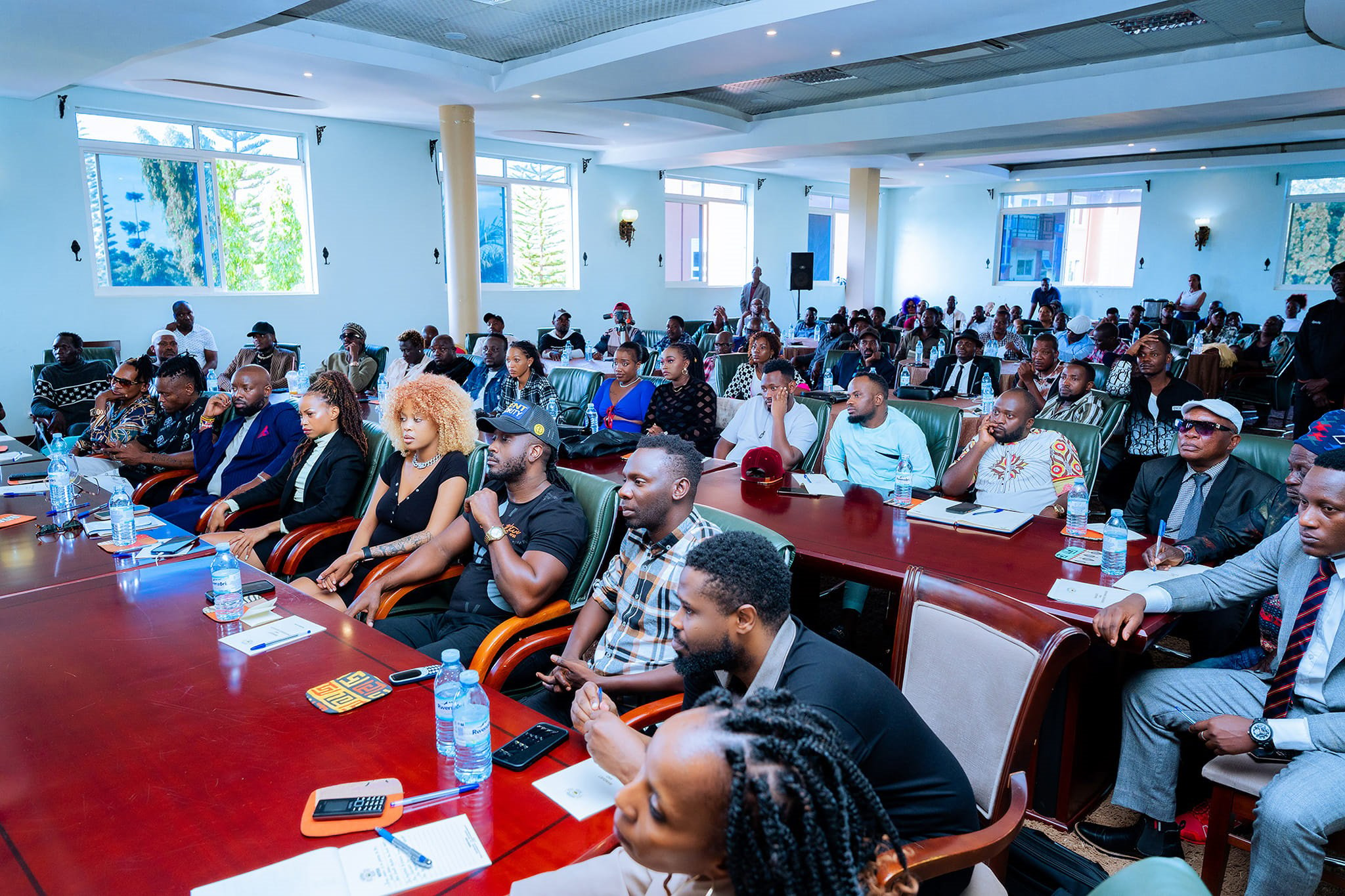Prime
Attorney General to present copyright amendments to Cabinet

The current law assigns protection of copyright of musical works and literary compositions to producers. Photo / File
What you need to know:
- The amendments seeks to recognise and protect the rights of a composer of literary, artistic, scientific and intellectual works, which under the current law is assigned to producers
After more than a year of consultation, the Copyright and Neighbouring Rights (Amendment), 2022, which is under review will be presented before Cabinet, Attorney General Kiryowa Kiwanuka, has said
The Bill seeks to recognise and protect the rights of a composer of literary, artistic, scientific and intellectual works, which under the current law is assigned to producers.
Mr Kiwanuka, who revealed this during a validation meeting, said by next week a comprehensive paper will be presented to Cabinet and later on presented to Parliament.
“The President is interested in developments of this Bill and I have to present the status and this being the tail end of the consultations, after Cabinet the bill will be presented to Parliament,” he said.
Mr Kenneth Rutaremwa, the Uganda Law Reform Commission principal legal officer, said they had commenced reviewing and reforming the Copyright and Neighbouring Rights Act in 2022 with the constitution of a working group which consisted of representatives from government, civil society, legal practitioners, artists, musicians, writers, comedians and private sector, among others.
“One of the key issues we looked at is advancement in technology. Technology has changed the mode of content creation, distribution and exploitation which is not adequately provided for in the Act; especially the web and internet,” he said, noting that the current law has inadequate enforcement mechanisms against online piracy and unauthorised exploitation and does not provide for other modes of remuneration of performers in addition to one off payment, lack of provisions on private copying levy and unrealistically light penalties among others.
The Uganda Law Reform Commission and Uganda Registration Services Bureau jointly conducted country wide consultations with different stakeholders in Gulu, Mbarara, Mbale and Kampala, in which it was found that copyright registration has been slow due to high costs for publishing in the gazette, which stands at between Shs350,000 and Shs400,000.
It was also found that the existing laws had failed to address the weak enforcement of the copyright law as well as light penalties against those found guilty of piracy and infringement.
Mr Rutaremwa said police, courts and prosecutors lack capacity to enforce copyright related matters, noting that “there is a disconnect between communication companies, aggregators and content owners in transactions relating to caller tunes and content owners’ need to take the lead in enforcing their rights”.




